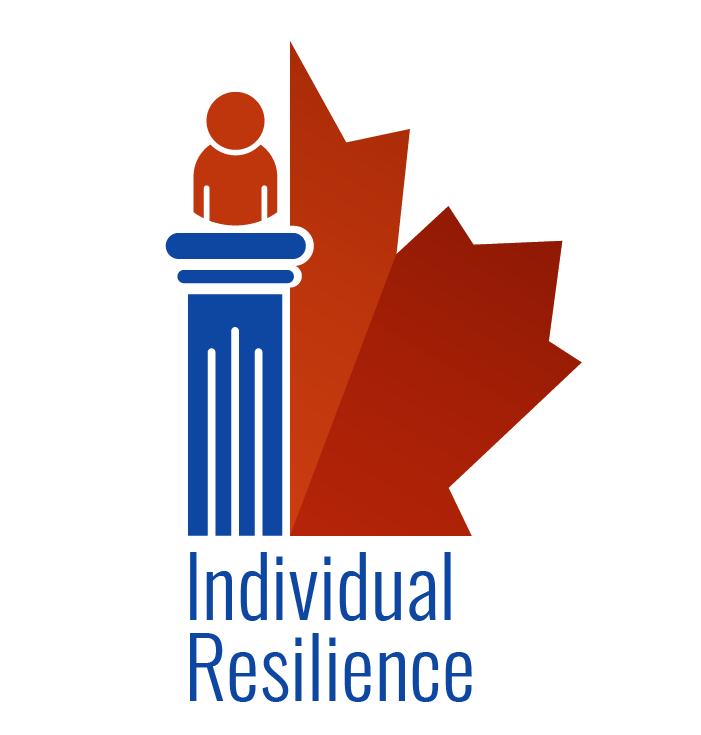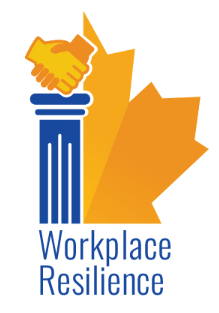Three Pillars of Resilience
Resilience is an individual’s ability to cope effectively with extreme stress and persevere through adversity. This concept is especially important for public safety employees who are exposed to operational stressors (e.g., potentially psychologically traumatic events) as well as workplace stressors (e.g., shift work, leadership, relationships with colleagues, overtime) that are unique to these organizations. Traditionally most of the work on resilience had focused at the level of the individual, such as creating programming for individual workers; however, the impact of the interactions with family and organization (including chronic/cumulative workplace stressors) has largely been ignored.
This study adopts a novel operational definition of resilience, conceptualized as an ecosystem that includes three pillars of resilience – the individual, their family, and their workplace – as its framework. Each of these pillars influences one another reciprocally and has a major impact on an individual’s ability to respond to traumatic exposures. Overall psychological resilience is influenced by a subjective perception of support (i.e., satisfaction with support and a sense of acceptance) or the feeling that help is available when needed.

Using the three pillars of resilience framework, we have created 3 courses:
- Individual Resilience: includes coping skills (exercise, breathing, meditation), education, nutrition, and sleep.
- Family Resilience: social support, family counseling, and education.
- Workplace Resilience: increase psychological safety and workplace resilience by enhancing leadership & communication, promoting civility & inclusion, applying conflict resolution, mitigating bullying & harassment, and ensuring ethics & integrity.


